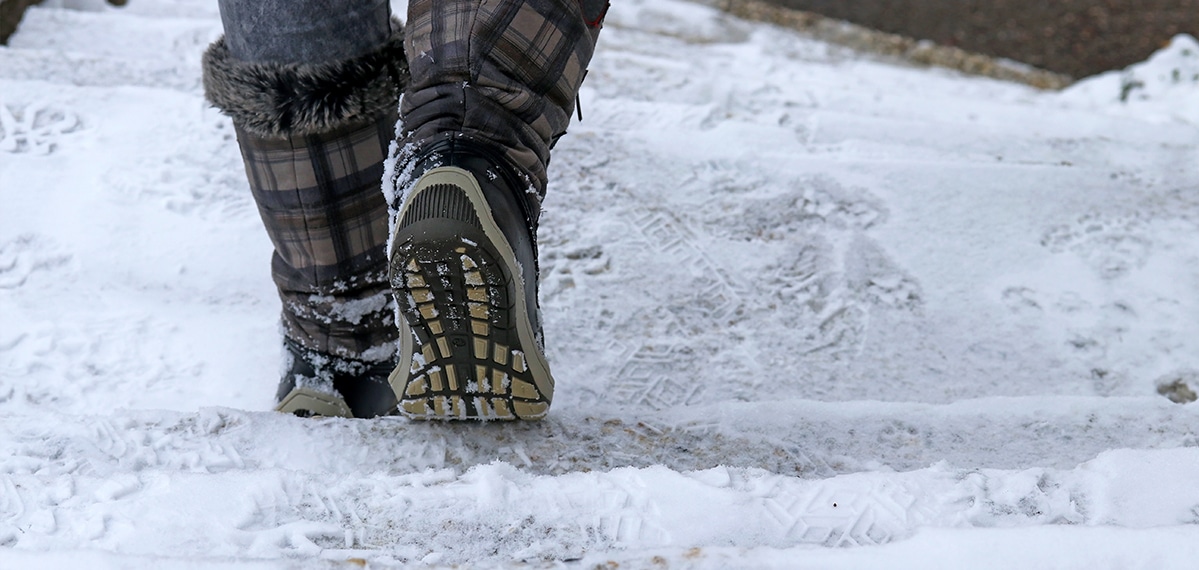As winter arrives, it’s important to take extra safety precautions to protect yourself and your loved ones. For seniors, winter safety is especially important. Cold weather can pose a serious risk of slips and falls and other accidents, so here are some tips that’ll help keep you safe this winter.
5 Winter Safety Tips for Seniors
1. Stay Warm
The most important thing is to stay warm! Wear layers of clothing when you go outside and if you plan on being outside for an extended period of time, make sure to wear a hat and gloves. Also, if you’re traveling during the winter months, be sure to check the forecast before packing your bags. You don’t want to get stuck in a snowstorm without the proper clothing or supplies!
2. Keep Your Home Safe from Fires
Winter also brings with it an increase in fire hazards due to the increased use of space heaters or candles for decoration. To prevent fires from occurring in your home, always keep combustible materials away from any open flames or heating elements. Candles should be placed on stable surfaces away from anything that could easily catch fire – like curtains or furniture – and should never be left unattended. Additionally, ensure all smoke detectors are working properly and that there are no frayed wires near any electrical outlets or appliances.
3. Be Careful on Ice
Icy sidewalks can be extremely dangerous during winter months as they are coated with slippery ice, which makes them more hazardous than usual. To ensure your safety while walking outdoors during icy conditions, make sure to wear shoes with non-slip soles and walk slowly, taking short steps so that you have more control over your feet placement on the ground. If possible, choose routes with less ice coverage, such as wooded paths or grassy areas, instead of sidewalks and roads since they tend to be less icy overall than paved surfaces like concrete or asphalt.
4. Stay Active During Winter Months
Though it can be tempting to stay inside all day with a hot cup of tea or cocoa, it’s important to stay active during the winter months too! Exercise helps reduce stress levels as well as ward off illnesses like colds and flu. Taking daily walks outside is one great way to get fresh air and exercise while staying warm. If you don’t feel comfortable walking outside alone, ask a friend or family member to join you!
If walking outdoors isn’t an option for whatever reason, try doing some light exercises indoors, such as yoga or stretching exercises. Even simple activities like cooking dinner or folding laundry will help keep your body moving and muscles active throughout the day.
5. Eat a Healthy Diet
Eating a healthy, balanced diet will help keep your immune system strong and make it easier for your body to fight off winter illnesses. Incorporate plenty of fruits and vegetables into your meals and snacks, as well as whole grains like rice and oats. If you’re unable to get enough fresh produce during the winter months, frozen or canned fruits and vegetables make great alternatives. Additionally, be sure to drink plenty of water throughout the day to stay hydrated.
Winter can be a beautiful season, but it also holds many potential risks for seniors who need extra care when navigating through icy conditions or cold temperatures. The good news is there are plenty of ways to stay safe this winter, including wearing warm clothes when going outside, keeping combustible materials away from open flames or heating elements in your home, and being careful around slippery surfaces such as icy sidewalks by choosing routes with less ice coverage whenever possible. With these simple tips in mind, you’ll be able to enjoy all that winter has to offer without risking your health or well-being.




